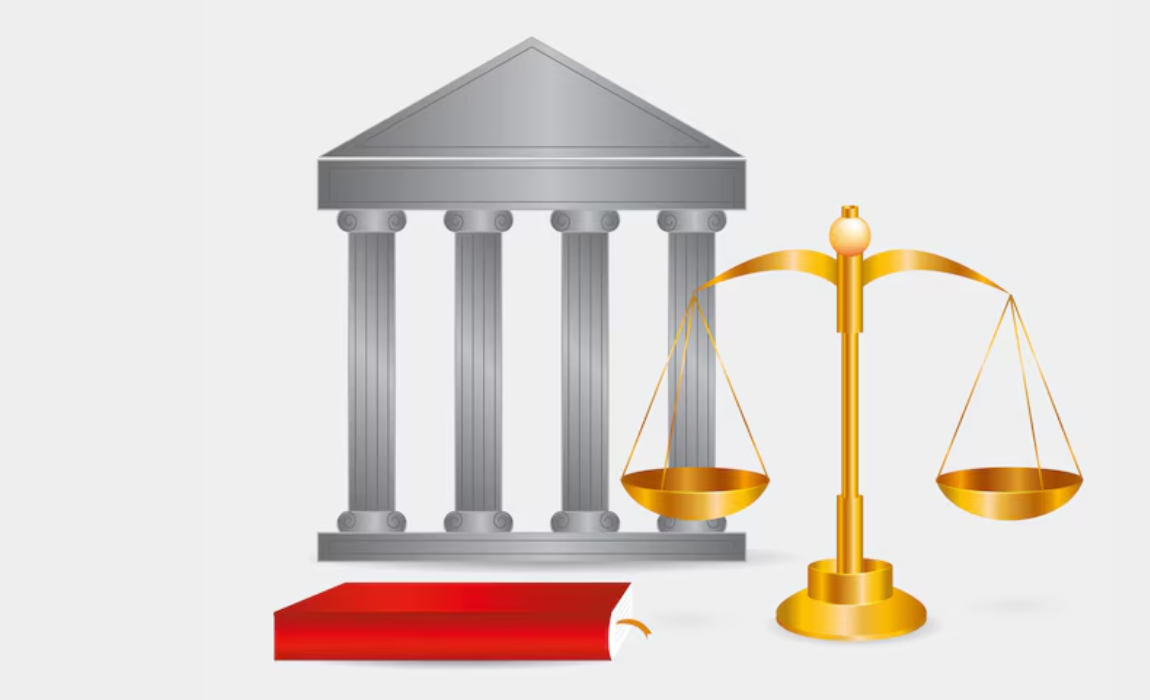Section 338: Appearance by public prosecutors

Section 338 of the Bhartiya Nagarik Suraksha Sanhita, 2023 clearly sets out the powers and functions of public prosecutors in criminal cases and provides the authority to represent the State in legal proceedings without any prior written authorization.
A Public Prosecutor or an Assistant Public Prosecutor specifically assigned to a case may appear and plead before any court at the inquiry, trial, or appeal in such case without requiring any written authorization given by the court. This provision aims to hasten the prosecution process because prosecutors are allowed to enter the courtroom, exercise their authority, and provide prompt justice concerning the case.
When a private individual hires an advocate to represent the prosecution, the Public Prosecutor or Assistant Public Prosecutor remains fully in control and in charge of the prosecution. The private advocate is allowed to advise on and pursue the case but remains subject to the instruction and
control of the public prosecutor.
-This means the prosecution remains congruent with the interest of the State, with legal proceedings maintaining public interest; still, there must be an allowance for representation for the victim or parties to an interest during the case process.
After the close of evidence, the private advocate, with leave of the court, shall be allowed to file written argument to further bolster the case. This provision avails the presentation of structured legal reasoning after evidence, ensuring all relevant legal arguments are fully taken into account by the court.
The provision allowing public prosecutors to appear without prior written authorization streamlines the prosecution process, ensuring that legal proceedings are not delayed due to bureaucratic formalities. This is particularly important in time-sensitive cases, where swift action may be critical to securing justice.
It represents a balanced approach to the inclusion of private advocates in criminal prosecutions, thus ensuring that, on one hand, legal representation is afforded to persons, while the prosecution is directly subject to the public prosecutor's control and direct supervision; hence, it helps to avoid the overshadowing by private interests as public interest because it would accord with the bigger purposes of justice and fairness.
